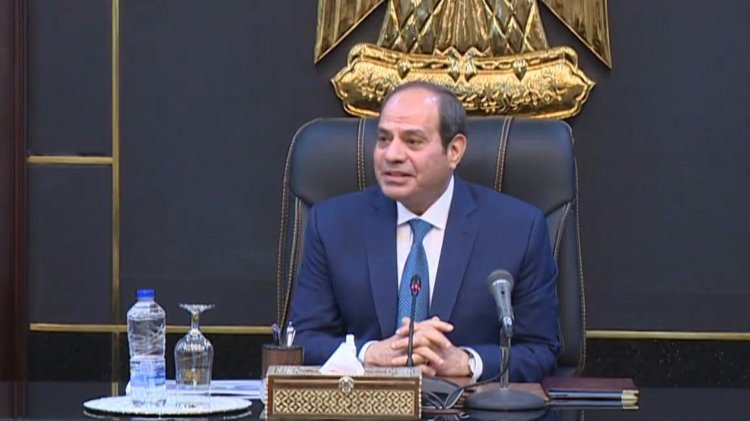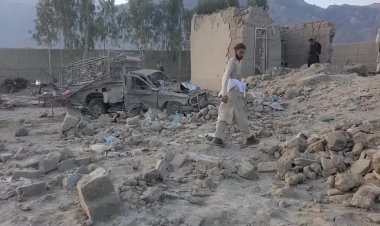Egypt's Economic Struggle

Egypt's President Abdel Fattah al-Sisi begins his third term this week buoyed by massive fresh financing, but experts say the road out of the economic crisis will still be long and arduous.
Sisi won December's presidential election with 89.6 percent of the vote, standing against three unknowns.
He is set to begin his third term officially, with local media reporting that he will swear the oath before parliament the day before.
This six-year term is set to be the 69-year-old's last, unless another constitutional amendment again prolongs his tenure.
Pundits have speculated about a potential cabinet reshuffle as Cairo struggles to contain the fallout from two years of punishing economic crisis and dire foreign currency shortages.
As 2024 began, the Arab world's most populous country seemed to be hurtling towards default and economic collapse, analysts said, before it suddenly received more than $50 billion in loans and investments.
Within weeks, the United Arab Emirates announced a $35-billion land development deal for Egypt's Ras al-Hikma, the International Monetary Fund more than doubled a $3-billion loan, and the World Bank and European Union inked fresh financing agreements.
Following the deals and a fresh currency devaluation -- the country's fifth since 2016 -- economic indicators seemed to be improving.
Financial services companies raised Egypt's credit ratings, as months-worth of blocked inventory began to be released into the import-dependent economy.
Inside the country of 106 million people two-thirds of the population struggle to maintain their livelihoods, having lived on or below the poverty line even before the current crisis.
Despite some Egyptians broadcasting their sense of frustration and disappointment on social media, the space for public dissent has been all but curtailed.















